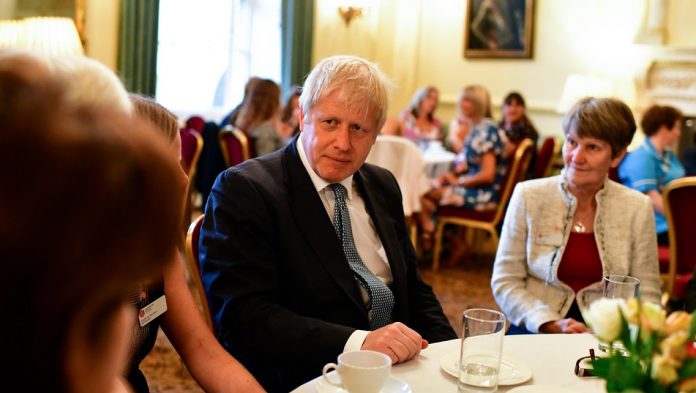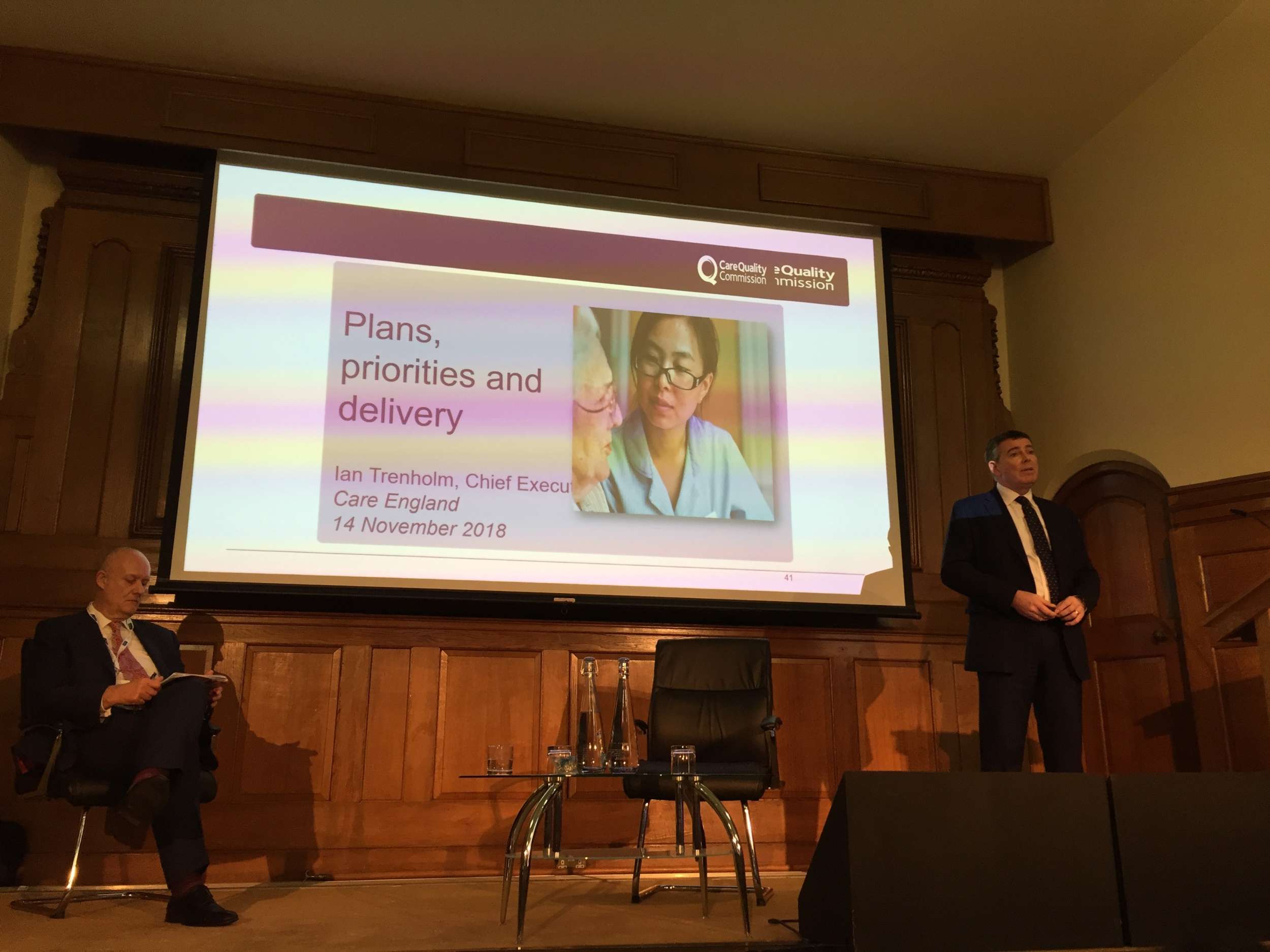Extra funds planned for social care from the government’s new levy will ‘ramp up over time’, Prime Minister Boris Johnson told the House of Commons on Tuesday (7 September).
The government will introduce a UK-wide 1.25% health and social care levy based on national insurance (NI) contributions to be ringfenced. It will raise £36bn for health and social care over the next three years, after the levy comes into effect from April.
Proceeds from the tax increase will initially be used to help catch up on the backlog in the NHS. In England, 5.5 million people are waiting for treatment, at least 900,000 more than before the pandemic.
Initially, £5.8bn will be provided for adult social care but not until 2023 to deliver funding and system reform commitments.
Conservative MP Damian Green raised concerns during the commons debate about how the proceeds would be spent. ‘My fear is that once you start spending on perfectly proper things like the NHS backlog there will never come a point where there is enough money in this new fund to be transferred to social care that needs it now.
‘You can’t spend the same pound twice,’ he said.
Plans outlined in Build Back Better. Our plan for health and social care include the lifetime care cost cap to be set at £86,000, while the asset threshold before qualifying for state support will be raised from £14,000 – £23,250 to £20,000 – £100,000.
Labour’s Clive Betts asked the PM what the net additional funding would be for local authorities from the increase in NI payments after taking into account the extra costs from the threshold extension and lifetime care cost cap.
‘An exceptionally important point,’ said Johnson. ‘In addition to the £6bn that we have put into supporting local government throughout the pandemic, we are now putting more precisely to support social care.
‘What will happen is that will ramp up over time as the system kicks in, but the distribution will be set out in due course by…the secretary of state for health.’
The government will work with local government leaders, the social care sector, service users and carers, as well as the NHS, to develop and publish a white paper for reforming adult social care.
‘Over the next few months, we will continue to work with stakeholders to co-produce our vision for adult social care…,’ the document said. ‘We will provide more detail later this year in a white paper…’

LaingBuisson executive chair William Laing said private payers would reach the £86,000 cap after about three years of residential care and six years of homecare.
But he said many questions remained, such as how much of the £12bn a year would go to the NHS; how much would go to pay for local authorities’ extra costs from private payers who become entitled to public support because of the measures; and how much would be left to refinance the ‘broken’ social care system for people without resources of their own.
‘A big fear of the social care sector (both commissioners and providers) is that most of the 1.25% levy will go the NHS and, even worse, that any extra funding will be dispensed by the NHS, leaving the social care system with crumbs.’
The PM gave some reassurance to the sector by saying money would be ‘dispensed’ by the Treasury and not the NHS.
Laing added: ‘We look forward to the white paper.’








 ©2024 All rights reserved LaingBuisson
©2024 All rights reserved LaingBuisson 


